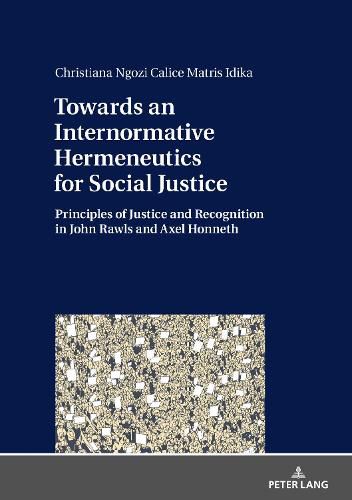Readings Newsletter
Become a Readings Member to make your shopping experience even easier.
Sign in or sign up for free!
You’re not far away from qualifying for FREE standard shipping within Australia
You’ve qualified for FREE standard shipping within Australia
The cart is loading…






This title is printed to order. This book may have been self-published. If so, we cannot guarantee the quality of the content. In the main most books will have gone through the editing process however some may not. We therefore suggest that you be aware of this before ordering this book. If in doubt check either the author or publisher’s details as we are unable to accept any returns unless they are faulty. Please contact us if you have any questions.
The author discusses to what extent a generally binding norm of social justice can be established in a modern, plural society. The book presents the difficulty associated with the preservation of plurality of different life forms. It also considers the plurality of the principles of social justice so as not to fall back to prioritization and the absolutization of their claims. This book argues for a more constructive way to search for criteria for complementarity, referring methodologically to Rawls’ and Honneth’s theories of justice. The author contents that the principles of social justice and their sources of normativity are plural.
$9.00 standard shipping within Australia
FREE standard shipping within Australia for orders over $100.00
Express & International shipping calculated at checkout
This title is printed to order. This book may have been self-published. If so, we cannot guarantee the quality of the content. In the main most books will have gone through the editing process however some may not. We therefore suggest that you be aware of this before ordering this book. If in doubt check either the author or publisher’s details as we are unable to accept any returns unless they are faulty. Please contact us if you have any questions.
The author discusses to what extent a generally binding norm of social justice can be established in a modern, plural society. The book presents the difficulty associated with the preservation of plurality of different life forms. It also considers the plurality of the principles of social justice so as not to fall back to prioritization and the absolutization of their claims. This book argues for a more constructive way to search for criteria for complementarity, referring methodologically to Rawls’ and Honneth’s theories of justice. The author contents that the principles of social justice and their sources of normativity are plural.